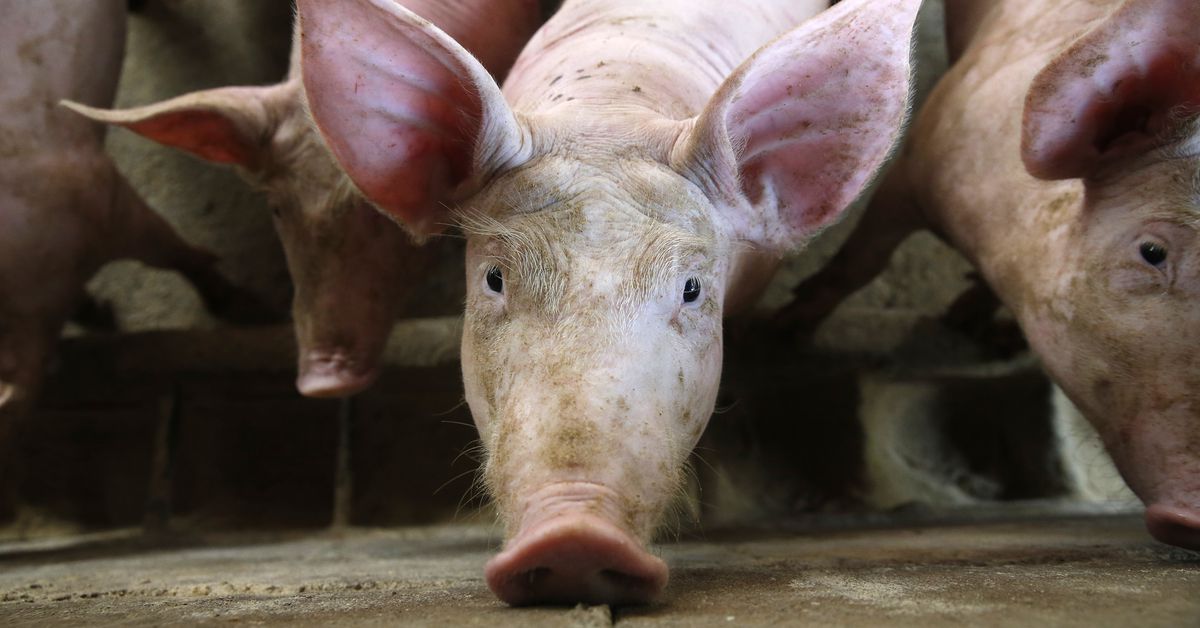Chad M.BaumabStefanieBröringabCarl-JohanLagerkvistc
a Institute for Food and Resource Economics, University Bonn, 53115 Bonn, Germany
b Bioeconomy Science Center (BioSC), Research Center Jülich, 54245 Jülich, Germany
c Department of Economics, Swedish University of Agricultural Sciences, 75651 Uppsala, Sweden
Abstract
Fast-moving developments for cultivated meat make it crucial to wrestle with prospective challenges and thereby lay the groundwork for a viable commercial market. Despite ample attention to issues of naming and regulation, the effect of information provision on consumer attitudes and evaluations has received less interest, even as claims (positive and negative) about cultivated meat increase in scope and complexity.

Accordingly, we employed a 2×2 experimental design with information treatments varying by valence and complexity to explore if information provision influenced purchasing evaluations by way of attitudes. Using a sample of 617 German consumers, we found that whether information accentuated the risks or benefits of cultivated meat had a fundamental impact on explicit attitudes and purchasing evaluations, but not implicit attitudes. The role of complexity was however more nuanced, with an impact only on explicit attitudes and when risks were accentuated.

Moreover, using mediation analysis, we revealed that implicit and explicit attitudes serially mediated the relationship between information provision and purchasing evaluations, thereby affecting the overall effectiveness of information. In sum, the findings underscore the importance of implicit and explicit attitudes (as well as food technology neophobia and prior knowledge) for the evaluation processes of consumers, along with how disentangling the respective effects of valence and complexity of information enables the development of more effective and tailored messaging approaches.









